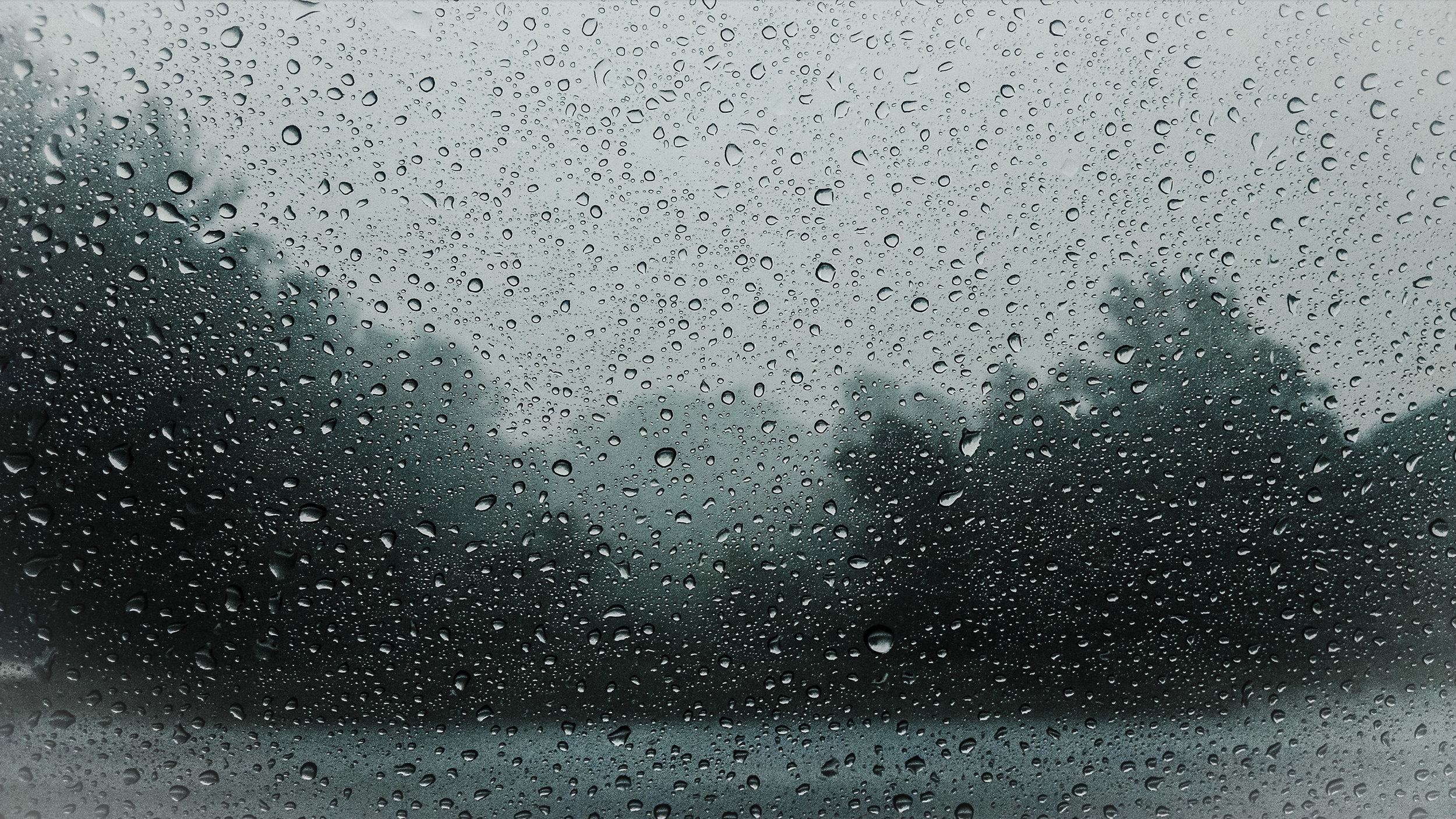“Do not be anxious about anything, but in every situation, by prayer and petition, with thanksgiving, present your requests to God. And the peace of God, which transcends all understanding, will guard your hearts and your minds in Christ Jesus.” (Philippians 4:6-7)
No one told me being a mother meant spending so much time thinking about death. I remember my own mother telling me she had developed an irrational fear of flying once she had kids. She flew for years as a young person—a carefree jet-setter—and then she had my sister, and flying was suddenly her greatest fear. As a kid I used to think this was silly. Our family took a lot of long car rides because of it. Now I understand completely. Although my own maternal preoccupation with death manifests itself in other ways.
”Scary thoughts” are a common symptom of post-partum depression, I recently learned. In my mom’s group, many have shared that they have them, to varying degrees. I do not think of harming myself or Eva, but I do have fearful flashes of bad things happening. It’s just a few steps above worrying. I have flashes of her falling off the bed or a car jumping the curb, images of going into her room after a long nap to find she’d stopped breathing. I usually greet these thoughts with (per my therapist)— “Hello there, I see you, scary thought. Go away. We are safe.” And then I quickly say a prayer. I pray to God to protect her.
I know people who’s babies have stopped breathing, who have been in terrible accidents in front of their eyes, parents who likely prayed that same prayer. My father used to say, “The greatest tragedy is watching a parent bury their child.”
Not as scary, but still terrible, are the thoughts of my own death. I’ve gone down the rabbit hole of thinking how long the milk stash in the freezer would last if I didn’t come home. I’ve thought through the details of who would help Edwin take care of Eva (aka how soon could my mother-in-law get there.) I do not have thoughts of taking my own life, but do find myself contemplating the reality that it could be taken from me at any moment.
These thoughts make me shudder. I haven’t felt they were serious enough to seek medical attention, beyond therapy, which I enjoy doing anyway. They don’t keep me from living my life normally. Honestly, I just figured they were par for the course, when you love someone so much. It does feel good to write about them.
Yet, today I have officially decided to let these thoughts make me grateful instead of fearful.
Truth is, these thoughts have taught me an important lesson: there are a limited number of days we get together, Eva, Edwin and I. Every time the sun goes down, another one of those days is gone. I do not want to spend those days worried and fearful.
Making the most out of every moment is not easy. Sometimes the days are long and the nights even longer. Sometimes it feels like an unbearable weight on my chest, having someone be so dependent on me. And, let’s be honest, the chances of something at least a little scary happening are pretty great. Children fall, no matter how closely you hover. And eventually I will have to leave them. (God-willing that is a very long time from now and it’s me and Edwin who go first. Lord, hear my prayer.)
I’m so grateful that my baby was one of the ones that got to live in the first place, that we have all we will every need and then some. I am thankful for this day, which has been a very full day of mothering. This attitude of gratitude does not mean everything is always sunshine and rainbows, but it centers on the fact that this day is one of the days we got to spend together, and that makes it good.
I will not let fear steal my joy. I will not let fear steal my joy. I will not let fear steal my joy.
Add this to the list of things Eva has taught me.
If you don’t read that verse at the top carefully it sounds like Paul is saying, “Don’t worry, just pray and everything will work out fine.” But I’m reading it with more nuance these days, as a mother. We present our requests to God, and with those requests we give thanks for whatever response God provides, before God provides it. And man, is that seriously hard to do.
But what else can we do? Stay off planes? Lock up our children so they will never be hurt? Lock up our hearts so they’ll never be broken?
What stops us from seeing God as trustworthy, I believe, is that our prayers are not answered when or how we want. And, trust me, I do not know any more than you do why there is so much suffering in this life. (I plan to ask God that as soon as I get an interview.) But I do know what I find compelling about the God of the Bible— that that God knows suffering, that God knows what it’s like to lose a son, that God promises to never leave us. I want to believe these promises, to fully trust God to work it all out for good. I want to give up all my anxiety and take joy in all the blessings, every moment that I’ve been given, now until my final day.
This peace that Paul speaks of at the end of the verse, I thank God it will “guard our hearts.” Loving that fiercely, that joyfully, with such abandon... I’m going to need a helmet.













